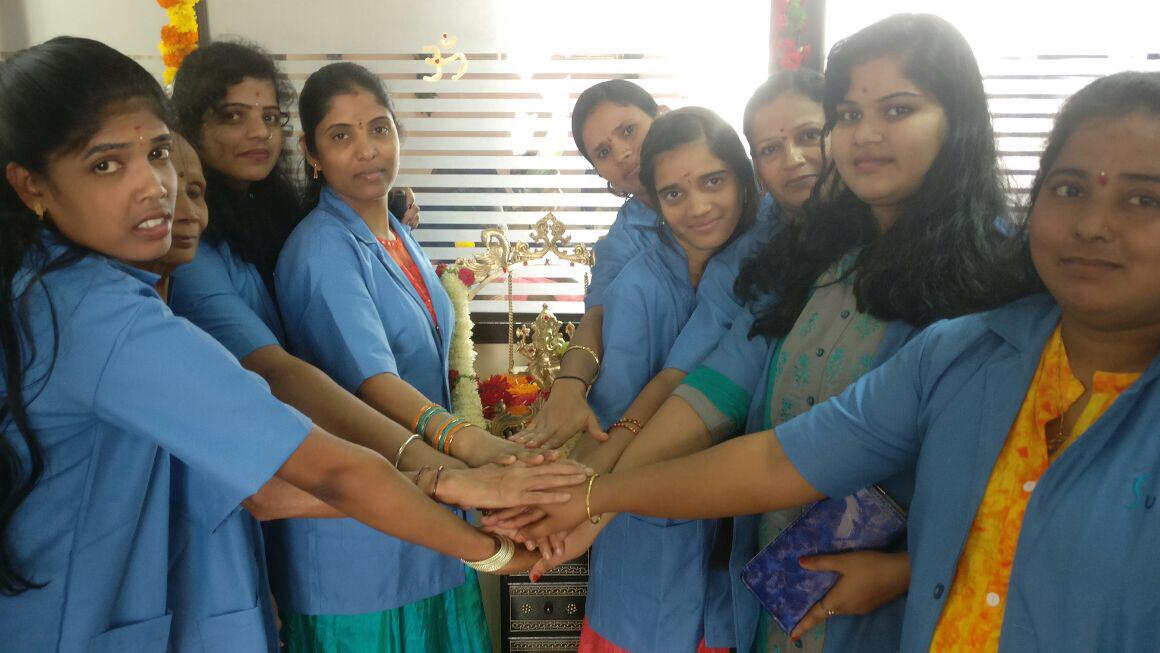Contact : +919880024265
Cancer patient care services are vital for ensuring that individuals diagnosed with cancer receive comprehensive support throughout their journey. These services encompass medical, emotional, and practical aspects of care, designed to improve the quality of life and outcomes for cancer patients. From diagnosis through treatment and recovery, cancer patient care services play a crucial role in meeting the diverse needs of patients and their families. In this article, we will explore the different types of care provided, including medical, emotional, palliative, and supportive services.
Medical Care Services for Cancer Patients
The cornerstone of cancer patient care is medical treatment, which includes surgery, chemotherapy, radiation therapy, immunotherapy, and targeted therapy. The choice of treatment depends on the type, stage, and location of the cancer, as well as the patient’s overall health. Oncology specialists and medical teams work together to create a personalized treatment plan aimed at eliminating or managing cancer. Along with treatment, regular monitoring through imaging, blood tests, and other diagnostic tools is critical to assess the effectiveness of therapy.
Pain management is another important aspect of medical care. Many cancer patients experience significant discomfort, which can be alleviated through medications, nerve blocks, or integrative therapies like acupuncture and massage. Managing side effects from treatments, such as nausea, fatigue, and hair loss, is also a key component of cancer care services, helping patients maintain their physical well-being during their battle with the disease.
Emotional and Psychological Support
Cancer takes a heavy emotional toll on both patients and their families. Emotional and psychological support services are essential to help them cope with the stress, anxiety, and fear that often accompany a cancer diagnosis. Counseling, therapy, and support groups are widely available to provide a safe space for patients to express their feelings and receive guidance on managing mental health challenges.
Many cancer care centers offer access to licensed social workers and psychologists specializing in oncology care. These professionals help patients and families navigate the emotional landscape of cancer, offering coping strategies, addressing depression or anxiety, and providing grief counseling when necessary. Peer support groups, where patients can connect with others who are facing similar challenges, also provide immense comfort and reduce feelings of isolation.
Palliative Care and Pain Management
Palliative care is focused on improving the quality of life for cancer patients, regardless of their prognosis. It is a holistic approach that addresses not only physical pain but also emotional and spiritual suffering. Palliative care teams work closely with oncologists to manage symptoms and side effects, such as pain, shortness of breath, and nausea, ensuring that patients experience the least amount of discomfort possible.
Importantly, palliative care is not only for end-of-life situations. It can be provided at any stage of cancer treatment to enhance the patient’s comfort and well-being. By focusing on the patient’s overall experience, palliative care teams help individuals live more comfortably while undergoing treatment or managing chronic conditions related to cancer.
Supportive Services: Nutrition, Rehabilitation, and Financial Help
Cancer patients often need additional supportive services to maintain their overall health. Nutritional counseling is a critical part of cancer care, as proper nutrition can help patients maintain strength, improve immunity, and manage treatment side effects. Dietitians specializing in oncology can create tailored meal plans that address the specific needs of cancer patients, ensuring they get the nutrients necessary for healing.
Rehabilitation services, including physical therapy and occupational therapy, help patients regain mobility, strength, and independence after surgery or prolonged treatment. Many cancer treatments can cause physical limitations, and rehabilitation programs are essential for helping patients recover their quality of life.
Financial support services are also a key component of cancer care. The cost of cancer treatment can be overwhelming, and many patients face financial hardship. Patient advocates, social workers, and financial counselors assist patients in navigating insurance coverage, finding financial aid, and accessing community resources.
Conclusion
Comprehensive cancer patient care services address not just the medical needs but also the emotional, psychological, and practical aspects of living with cancer. From specialized treatments to support groups and financial assistance, these services help patients and their families navigate the complexities of cancer with dignity, comfort, and hope.

